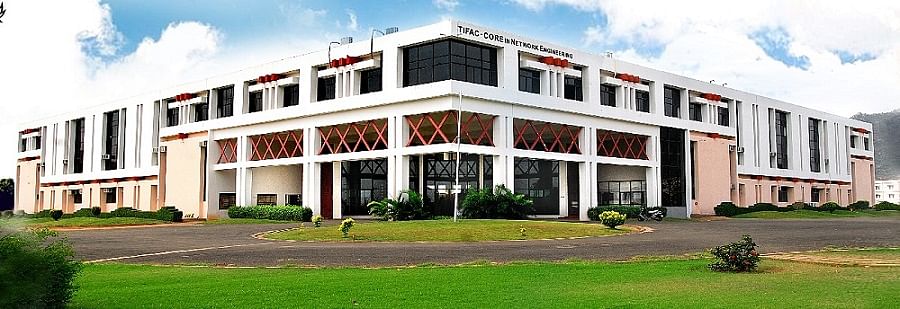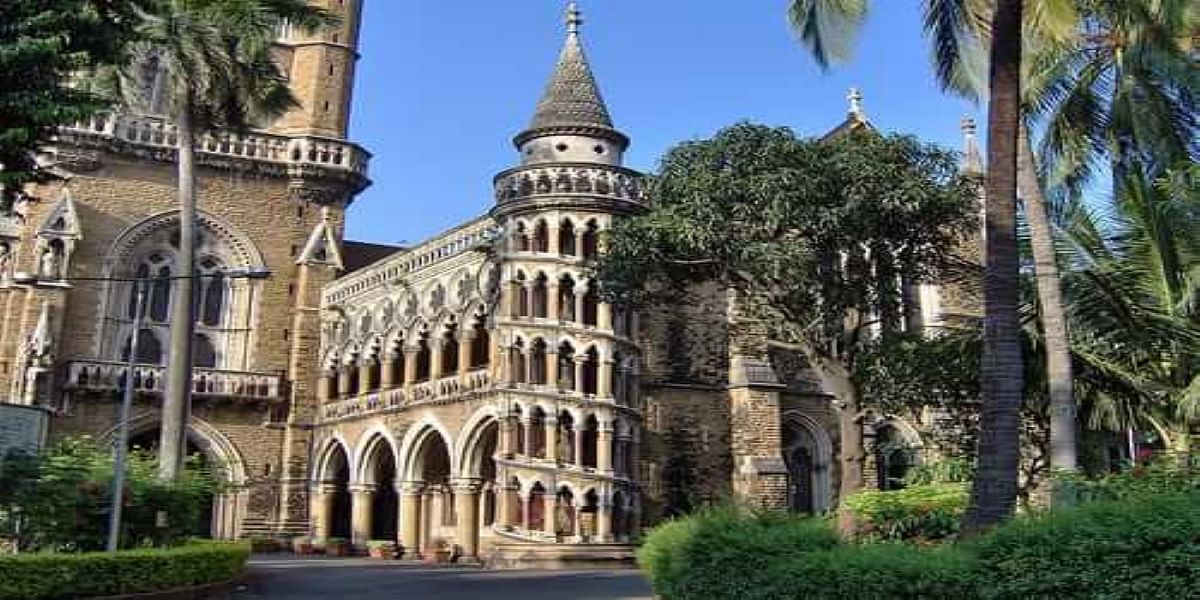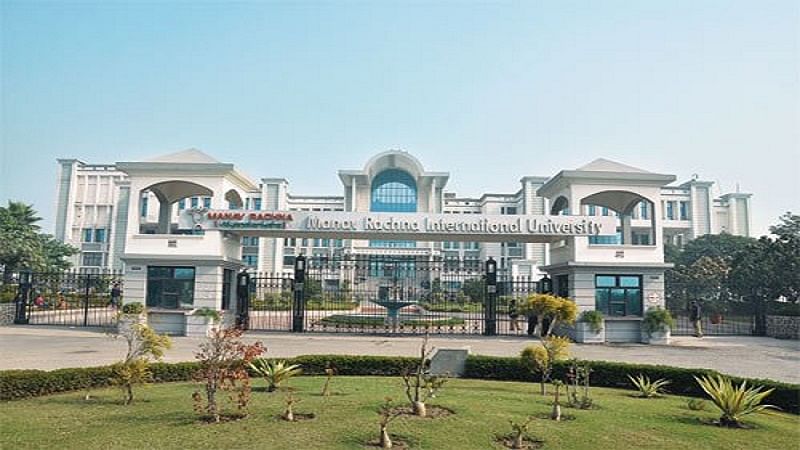B.Sc Forensic Science Syllabus and Subjects

Essential components of Forensic Sciences include Forensic Pathology, Psychiatry, Psychology, Forensic Medicine, and Forensic Dentistry. B.Sc Forensic Science is mostly a laboratory-based science that includes elements of Chemistry, Biology, Toxicology, Ballistics, Fingerprinting Science, Questioned Documents, and Impressions.
The B.Sc Forensic Science job scope is extensive and employment opportunities are available in both the public and private sectors as CID's, Law Enforcement Officer, Forensic Anthropologists, Forensic Scientist, Forensic Engineer, etc.
Semester Wise B.Sc Forensic Science Syllabus
The three-year course is broken down into six semesters and includes a mix of theory, practical, seminars, assignments, projects, lectures, and class assessments. The B.Sc Forensic Science course teaches about crimes and crime scenes, as well as related procedures and tools for investigating any crime, along with all lab techniques and evidence collection techniques. The semester-by-semester B.Sc Forensic Science subject list is listed below:
B.Sc Forensic Science First Year Syllabus
The table below contains the list of B.Sc Forensic Science subjects in the first year:
| Semester I | Semester II |
| Introduction to Forensic Science | Chemistry |
| Environmental Science | Law to Combat Crime |
| English | Criminal Law |
| Crime and Society | Physics |
| Digital Forensics | Forensic Psychology |
| Tools and Techniques in Forensic Science | - |
B.Sc Forensic Science Second Year Syllabus
The table below contains the list of B.Sc Forensic Science subjects in the second year:
| Semester III | Semester IV |
| Criminalistics | Forensic Biology |
| Technological Methods in Forensic Science | Computer Science |
| Forensic Dermatoglyphics | Forensic Chemistry |
| Zoology | Anthropology |
| Botany | Questioned Documents |
B.Sc Forensic Science Third Year Syllabus
The table below contains the list of B.Sc Forensic Science subjects in the third year:
| Semester V | Semester VI |
| Psychology | Forensic Science and Society |
| Introduction to Biometry | Forensic Medicine |
| Economics | Computer Forensics Investigations |
| Forensic Ballistics | Forensic Anthropology |
| Forensic Toxicology | Handwriting Identification and Recognition |
B.Sc Forensic Science Subjects
B.Sc Forensic Science course is divided into three parts-core subjects, elective subjects, and lab subjects. Subjects in B.Sc Forensic Science followed in the course are mentioned below:
B.Sc Forensic Science Core Subjects
The core B.Sc Forensic Science subjects list of essential subjects that all B.Sc Forensic Science students study irrespective of their optional Subject choices, is as follows:
- Inorganic Chemistry
- General Forensic Science
- Basic Forensic Physics
- Introduction to Forensic Science & Criminalities
- Inorganic Chemistry
- Criminal Justice System
- Forensic Toxicology
B.Sc Forensic Science Elective Subjects
- Physics
- Chemistry
- Botany
- Zoology
- Anthropology
- Computer Science
- Economics
- Psychology
B.Sc Forensic Science Lab Subjects
- Forensic Biology Lab
- Forensic Crime scene Management Lab
- Forensic Ballistic and Photography Lab
- Forensic Toxicology Lab
- Forensic Audio Video Analysis Lab
- Forensic Audio Video Analysis Lab
B.Sc Forensic Science Course Structure
A B.Sc Forensic Science course is designed as a core subject in general. The course is divided into six semesters, with the first year consisting of a basic introduction to forensics. Forensic Biology, Forensic Physics, and Forensic Serology are the primary topics covered in this course. Each semester includes lab and practical subjects in addition to core subjects. The following is the course structure:
- VI semesters
- Core and practical subjects
- Elective Subjects
- Internship
- Project submission
B.Sc Forensic Science Teaching Methodology and Techniques
There are various methods for teaching B.Sc Forensic Science. In addition to traditional lecture-based training, Forensic Science Laboratories, community enterprises, and other action-based learning methodologies are used. Students may work in groups to bring out actual answers to a particular case for their final year project.
Apart from this, the B.Sc Forensic Science curriculum is designed to guarantee that students develop numerous communicative and interpersonal skills throughout the course of three years. The following are the various teaching approaches used in the B.Sc Forensic Science syllabus:
- Student simulations for a simulated crime scene and catastrophe scenarios are included.
- Apps and e-gaming are examples of innovative teaching methods.
- Present and proposed teaching approaches are discussed.
- Practical Teaching Methods
B.Sc Forensic Science Course Projects
Throughout the three-year programme, students are required to learn the application of scientific knowledge in the investigation of crimes. Students submit projects throughout the B.Sc Forensic Science course to demonstrate the skills and methods they have learned through training. This assures various recruiters or organizations that these aspirants have a realistic approach to the B.Sc Forensic Science course subjects when they come to offer job opportunities to them. Some project ideas for B.Sc Forensic Science is listed below:
- Forensic DNA
- Alternative genetic markers
- Compromised DNA evidence
- Human DNA quantitation
- Miniaturization and automation
- Mitochondrial DNA
- Non-human DNA
- Y-chromosome analysis
- Microbial analysis
- Sperm detection and separation
B.Sc Forensic Science Course Books
The purpose of the B.Sc Forensic Science course textbooks is to provide a foundational understanding of the course. The B.Sc Forensic Science books give students an in-depth study of their area of concentration in addition to providing a basic approach. Students can access the textbooks for the course both online and offline. Students should obtain the PDF versions of B.Sc Forensic Science books wherever possible to save money on their purchases.
Students can make an informed decision by thoroughly understanding the course requirements by downloading the course details prior to enrolling in the course. The following are the reference books for the B.Sc Forensic Science syllabus:
| Name of Book | Author |
| Principles of Proteomics | Richard Thyman |
| Inorganic Chemistry | Shriver and Atkins |
| Physical Chemistry | P. Atkins and J de Paula |
| Molecular Diagnostics | George P. Patrinos |
| Mycobacterial Protocols | Tanya Parish and Amanda Claire Brown |
| Environmental Biology | Verma P.S and Agarwal V.K. |
| Physical Evidence in Forensic Science | Henry C. |
























